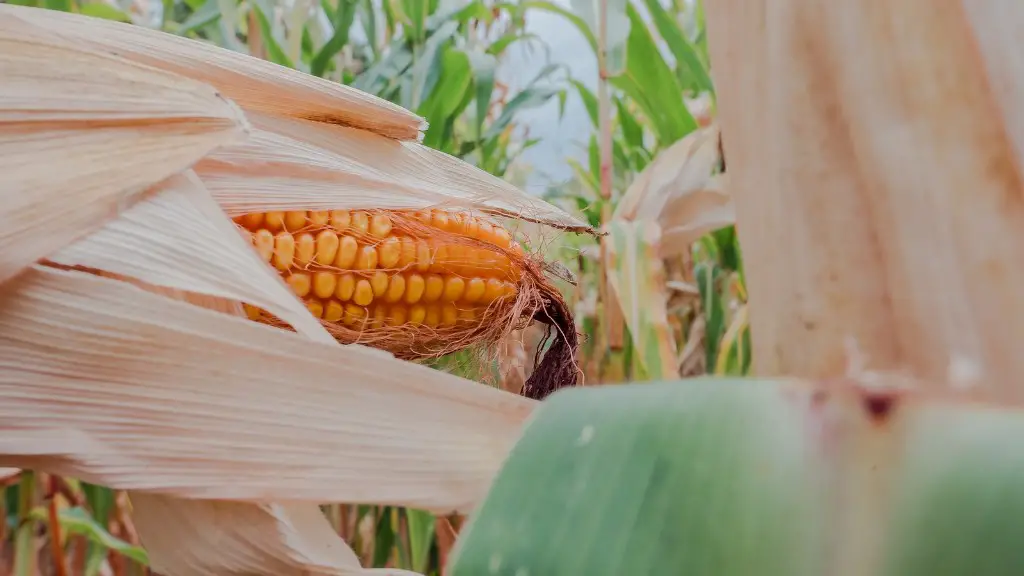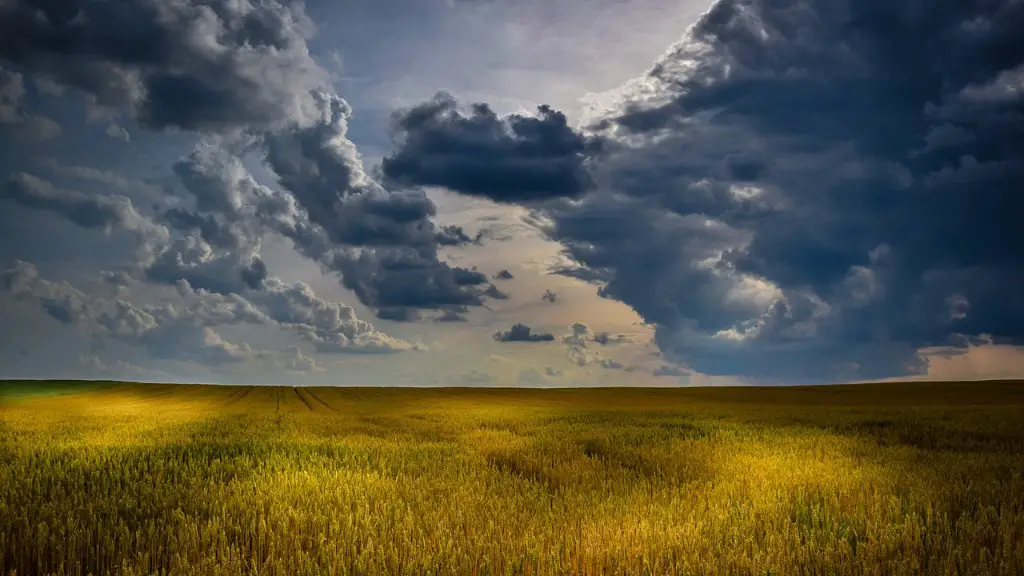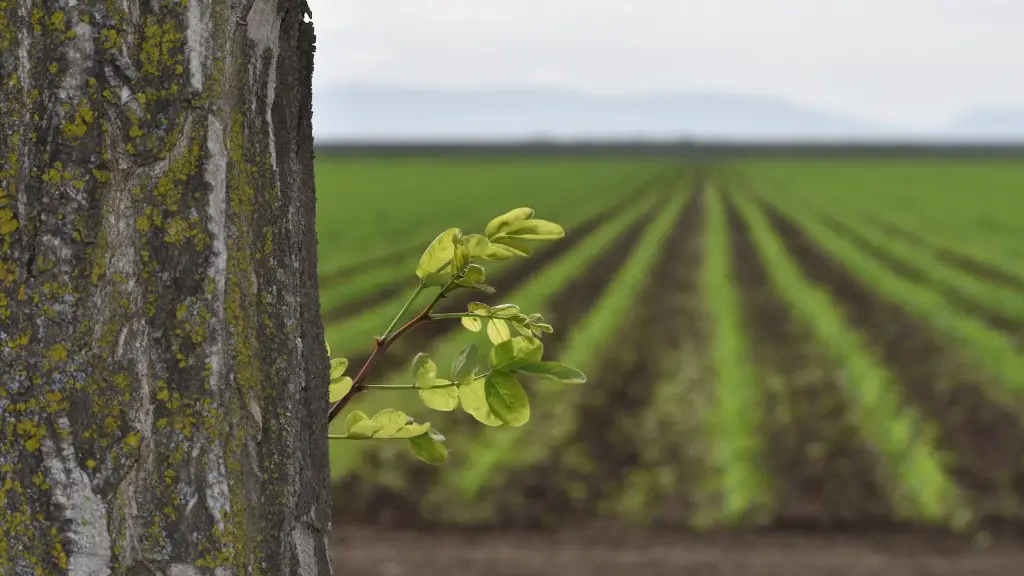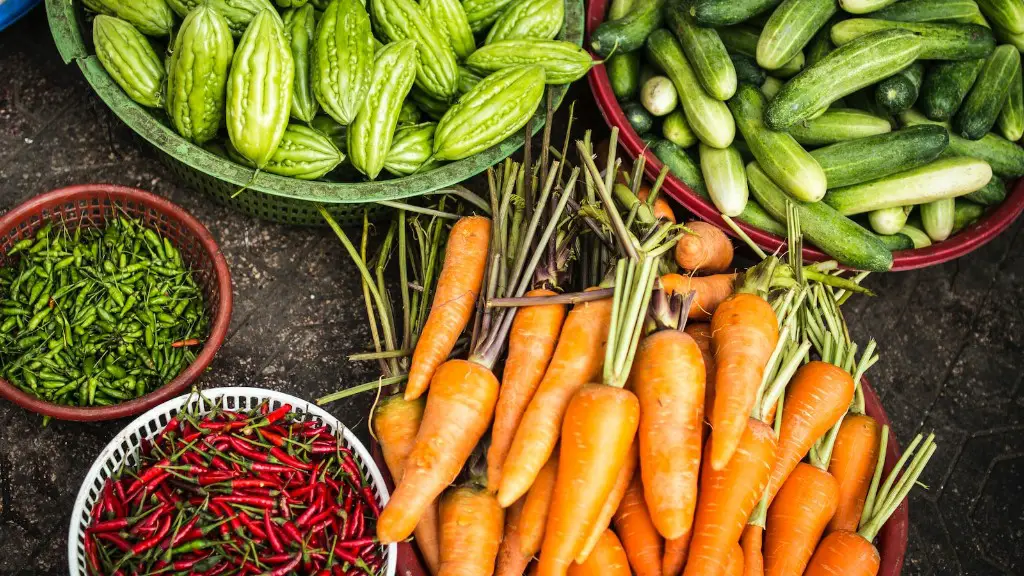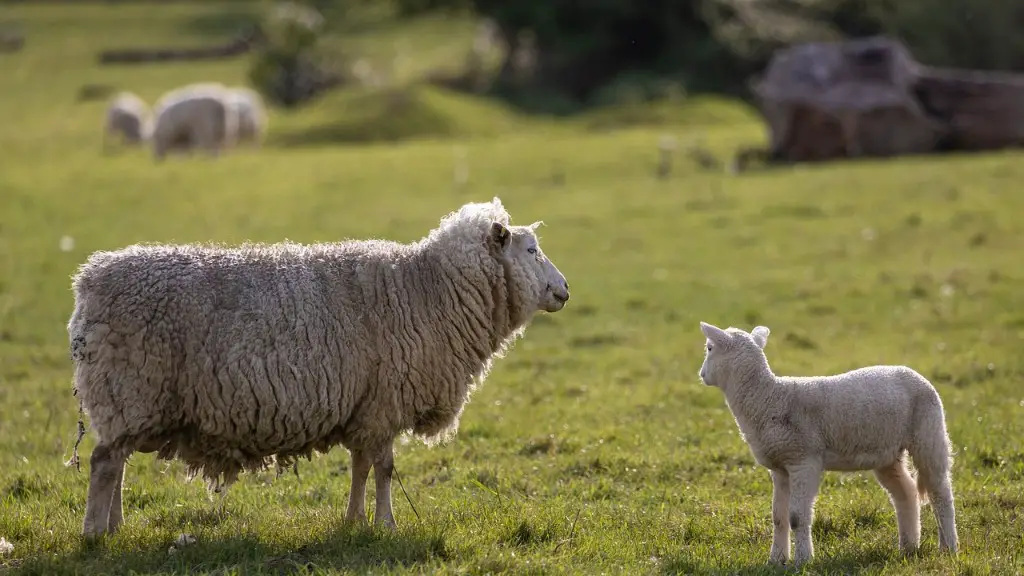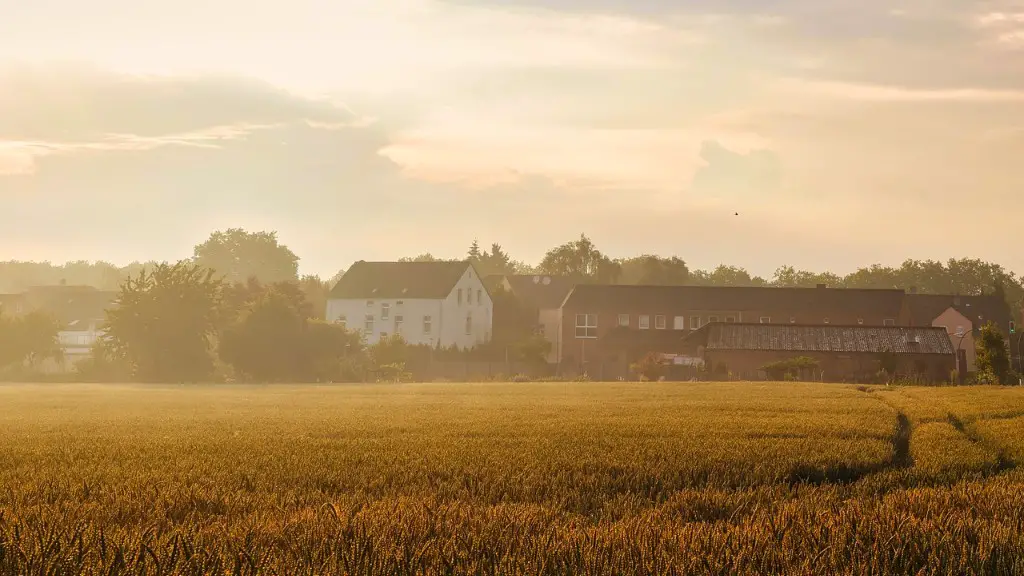Agriculture is the main source of food for human beings and it has played a significant role in shaping human settlement patterns since the early days of civilization. The development of agriculture allowed for the domestication of plants and animals, which in turn led to the establishment of permanent settlements and the growth of cities. Agriculture has also influenced human settlement patterns in other ways, such as through the development of irrigation systems and the creation of crop rotations.
Agriculture has had a profound influence on human settlement patterns. The rise of agriculture allowed for the domestication of plants and animals, which led to the development of civilizations. Agriculture allowed for the growth of cities and the rise of trade and commerce. Agriculture also allowed for the growth of food surpluses, which allowed for the development of complex social structures.
How did agriculture play a role in the settlement of humans?
Agriculture allowed for the growth of stable food supplies and permanent dwellings. This led to the development of complex societies in many parts of the world. Agriculture allowed for the growth of cities and the rise of civilizations.
Farmers have an increased prevalence of many acute and chronic health conditions including cardiovascular and respiratory disease, arthritis, skin cancer, hearing loss, and amputations. Other health outcomes have been little studied in the agricultural workplace, such as stress and adverse reproductive outcomes.
This is likely due to a combination of factors including exposure to harmful chemicals and pesticides, long hours spent in the sun, and the physical demands of the job.
Farmers need to be aware of these risks and take steps to protect themselves, such as wearing proper protective gear and using less toxic chemicals. They also need to make sure to take breaks throughout the day to rest and stay hydrated.
How did agriculture affect people’s ability to settle down
With agriculture, people could settle down and no longer needed to carry all their possessions. They could develop better farming practices and store food for when it was difficult to grow. Agriculture allowed people to settle in towns and cities.
Farming is one of the most important inventions of humanity. It allowed people to grow all the food they needed in one place, with a much smaller group of people. This led to massive population growth, creating cities and trade. Agriculture is thus one of the key factors in the development of human civilization.
How did agriculture change the life of early humans?
Agriculture has definitely changed the way man lives. Prior to agriculture, man was a nomad and would move around from place to place in search of food. However, once agriculture was introduced, man began to settle down in one place in order to grow his own food. This change in lifestyle has had a profound impact on the way man lives and has helped to shape the world as we know it today.
Agriculture was a key component in colonialism, both as part of the economic prescription to increase European profits and to increase yields for local consumption to maintain populations of workers in other colonial industries, such as mining. Overall, colonialism had a positive impact on the agricultural sector, both in terms of increased production and in terms of the introduction of new crops and technologies.
How has agriculture had an effect on the daily lives and settlement patterns of humans?
When early humans began farming, they were able to produce enough food that they no longer had to migrate to their food source. This meant they could build permanent structures, and develop villages, towns, and eventually even cities. Closely connected to the rise of settled societies was an increase in population.
The term “agricultural revolution” is used to refer to a period of significant agricultural development and innovation. This period is characterized by the introduction of new crops, the development of new farming techniques, and an overall increase in agricultural production. The agricultural revolution had a profound impact on human society, as it led to the development of the first cities, allowed for industrialization, and caused the human population to grow massively.
What are the benefits of settled agriculture
Settled agriculture allowed early humans to have a reliable and consistent food source. This was due to the fact that they could now cultivate and farm the land, as opposed to having to search for food constantly. Additionally, agriculture was more efficient than hunting and gathering, which meant that people could produce more food with less labor. This resulted in a better standard of living and allowed for population growth.
It is widely believed that the domestication of plants and animals was a turning point in human history. The ability to cultivate food and herd animals allowed people to stay in one place for longer periods of time, which led to the development of civilizations. Agriculture also allowed for the accumulation of surpluses, which led to the rise of trade and commerce.
The growth of agriculture resulted in intensification, which had important consequences for social organization. Larger groups gave rise to new challenges and required more sophisticated systems of social administration. Intensification also resulted in greater pressure on resources, which led to conflict and competition among groups.
The agricultural revolution had a variety of consequences for humans. It has been linked to everything from societal inequality—a result of humans’ increased dependence on the land and fears of scarcity—to a decline in nutrition and a rise in infectious diseases contracted from domesticated animals.
Why was agriculture so important
Agriculture is important for sustaining life by providing food. It also contributes $7 trillion to the US economy. Despite agriculture’s importance, farmworkers are among the lowest-paid workers in the US. This is a problem that needs to be addressed in order to ensure that those who help provide our food can live decent lives.
Without agriculture, it is likely that cities and civilizations would not have grown and prospered the way that they have. Agriculture allowed for a steadier and more reliable food supply, which in turn allowed for more people to live in one area and for populations to grow larger. The growth of agriculture also contributed to the rise of global populations, as it allowed for more food to be produced to meet demand.
Why was the agricultural revolution the most important event in human history?
The Agricultural Revolution was a pivotal moment in human history, setting the foundation for what we know as modern human life. The ability to stay in one general area and cultivate our own food made life much more manageable, and contributed to the growth of human society in terms of culture, technology, and more.
The Agricultural Revolution was a period of increased agricultural production and technological advancement that occurred during the 18th and early 19th centuries. The Agricultural Revolution led to unprecedented population growth and new agricultural practices, triggering such phenomena as rural-to-urban migration, development of a coherent and loosely regulated agricultural market, and the rise of the agrarian middle class.
Conclusion
Agriculture influenced human settlement by making it possible for people to stay in one place and cultivate the land. This led to the development of civilizations and the growth of cities. Agriculture also allowed for the domestication of animals, which led to the development of transportation and trade.
The advent of agriculture allowed for the domestication of plants and animals, which led to the development of civilizations. Agriculture allowed for the growth of cities and the rise of civilizations. It also allowed for the growth of food surpluses, which allowed for the development of trade and commerce. Agriculture has had a profound impact on human settlement patterns and the growth of civilizations.
